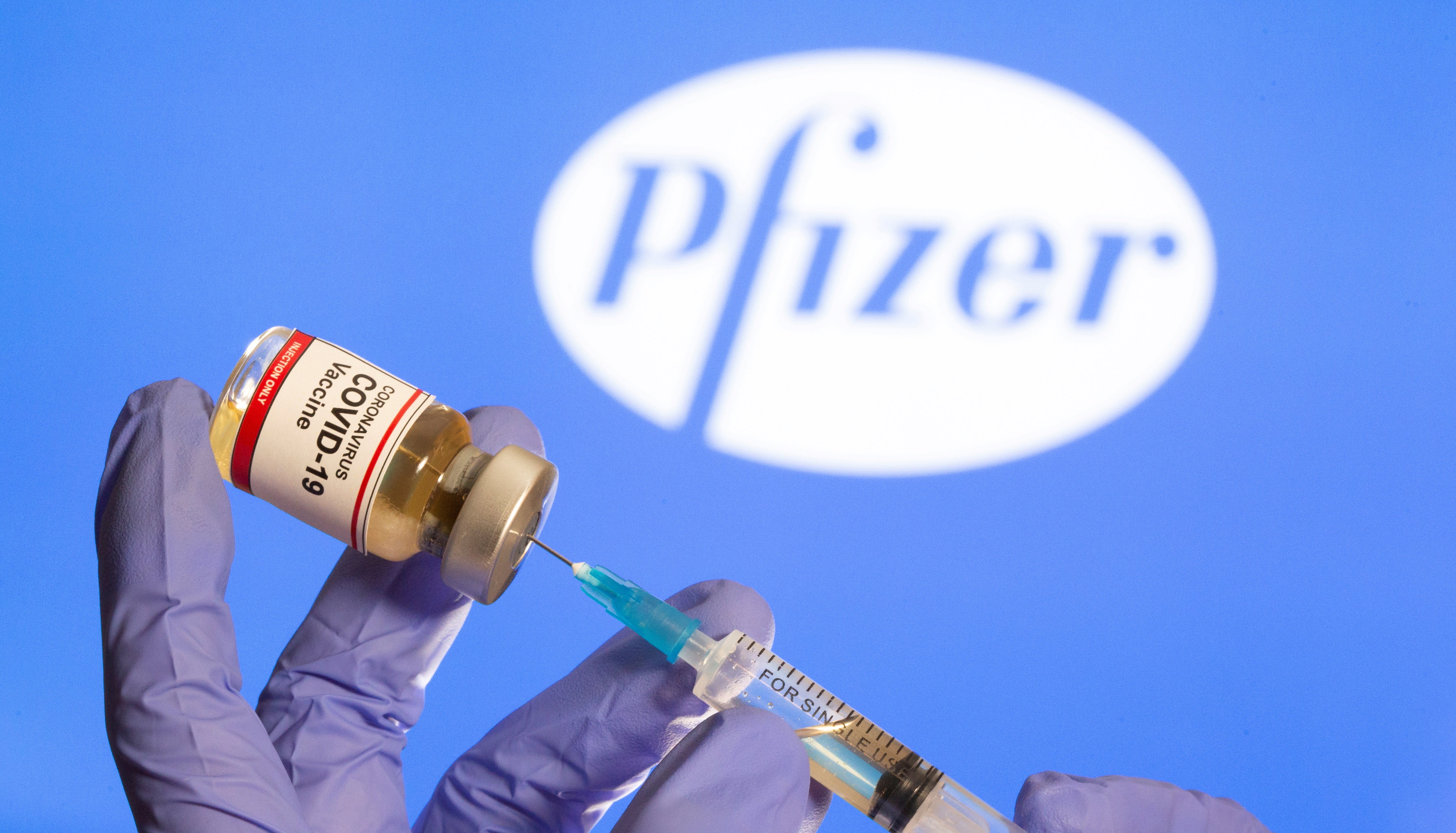Is “back to normal” in sight as Pfizer and BioNTech thrill markets with vaccine trial results?
The Living Wage Foundation released its updated rates on the day of the announcement, but millions of workers struggle to get by on less. If “normal life” does resume in 2021 this is why it shouldn’t mean “business as usual”


Live music, crowds at sports events, pubs, restaurants, cinemas. Life, in other words, as normal. Is it safe to start talking about that after the Pfizer and German company BioNTech dropped the remarkable news about their vaccine candidate? Well, perhaps.
“I’ve been following all these studies about vaccines and if they’re rolled out… Maybe a really safe time will be next April,” Marcus Davey, the boss of Camden’s famous Roundhouse, told me in August on the subject of live events.
It’s now possible to foresee that “if” as a “when”. Pfizer/BioNTech reported results that have far exceeded experts’s hopes for their vaccine candidate (one of several). Large-scale trails have shown it to be 90 per cent effective with no adverse effects. It’s just possible that Davey’s hopes will be realised. And it isn’t just Davey. Entire industries will now be biting their nails and awaiting further news.
Getting ahead of themselves, as ever, the markets decided it was already job done and time for a party. The FTSE 100 was already benefitting from the “Biden bump” that had most of Europe’s bourses in positive territory when the announcement was made. It injected the blue chip index with a dose of rocket fuel. In the blink of an eye the FTSE was up by more than 300 points as dealers across the City scrambled to deal with a rush of buy orders, while the price of gold, a traditional safe haven, fell off a cliff.
Travel and leisure firms were running particularly hot, as starry eyed investors looked beyond the troubling news from Norway, where the government denied further support to Norwegian Air. It will need a ventilator to get through the winter. It’s unlikely to be the only company in danger of failing to reach the promised land. So time to inject (sorry) a note of caution into the proceedings.
This might be the best news we’ve seen on the Covid-19 front since the pestilential coronavirus that causes it started burning its way across the world.
But there are still a few hurdles to clear. Getting the treatment distributed and taken up by a significant proportion of the population will be the biggest, always assuming it secures approval. For vaccines to be truly effective they require mass take up. The deniers, the people who bellyache about wearing masks in public and who caterwaul at Covid protests, they’ll be spreading their patented brand of poisonous disinformation on social media while the rest of us are getting our shots.
Pfizer thinks it will be able to supply 50 million doses by the end of this year, around 1.3 billion by the end of next. The UK is down for 10 million by the close of 2020, with a further 30 million on order. Here’s hoping it gets through.
But if this does mean “back to normal” is possible to contemplate, it’s time to ask a question. Do we want it to mean “business as usual” too.
The two are quite different and perhaps now would be a good time to start talking about that.
Let’s take some of the stock market’s hot sectors.
Pfizer announced its vaccine on the same day that the UK Living Wage, as distinct from what the government calls the National Living Wage, announced increases that firms accredited by the Living Wage Foundation will have to distribute to their staff so they can still afford a decent basic standard of living.
The hospitality sector has the highest proportion of jobs paid below the Living Wage at 70.8 per cent, followed by the arts, entertainment and recreation sectors at just under 37 per cent.
All of them have suffered devastating blows as a result of the virus. They’ve also received significant taxpayer support. Most people would like to think the people who serve them are paid properly but that was too rarely the case before this started. This needs to change.
No, it won’t be easy for businesses and other organisations whose balance sheets have been battered by the closures enforced by lockdowns to change tack on this front. But worthwhile projects never are.
At the other end of the wage scale, institutional investors will need to watch corporate remuneration reports like hawks. They make their money by pooling the funds of millions of smaller investors who invest with them. For those investors to be ripped off by corporate chieftains enriching themselves through free shares at rock bottom pandemic prices would be a disgrace. They need to use their votes to prevent it from happening.
There’s another discussion to be had about the way some firms have paid back furlough cash (Bunzl, several house builders, IKEA), or refused inducements such as the now furloughed Job Retention Bonus (Primark) while supermarkets have taken business rate holidays and sprayed dividends on the back of bumper profits made as a result of a virus driven sales boom.
I could go on in this vein. Suffice it to say that if “back to normal” is indeed in sight, business as usual, business as it was before the pandemic, is in need of a rethink and the appetite for that to happen among the public is strong.



Join our commenting forum
Join thought-provoking conversations, follow other Independent readers and see their replies
Comments